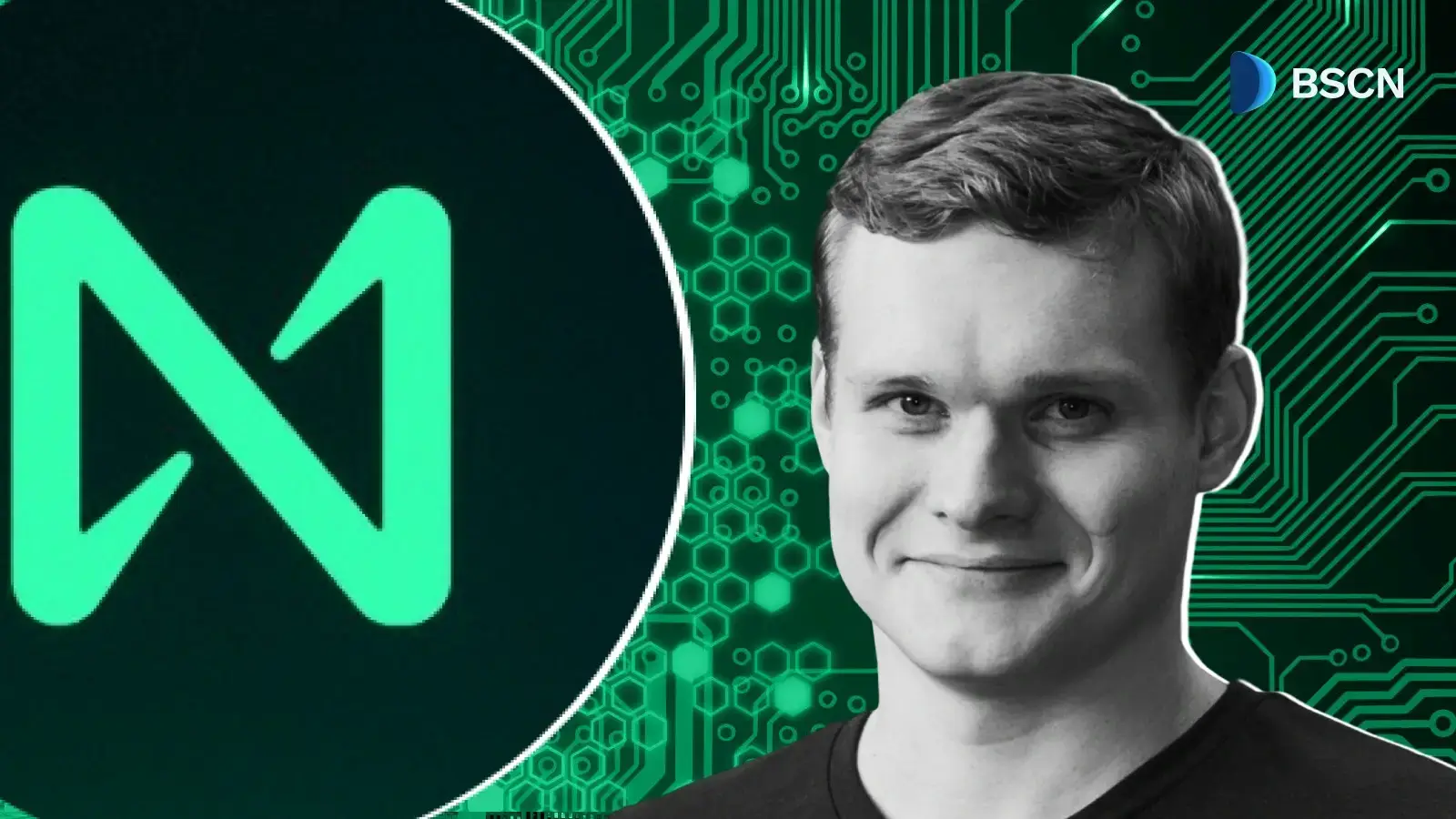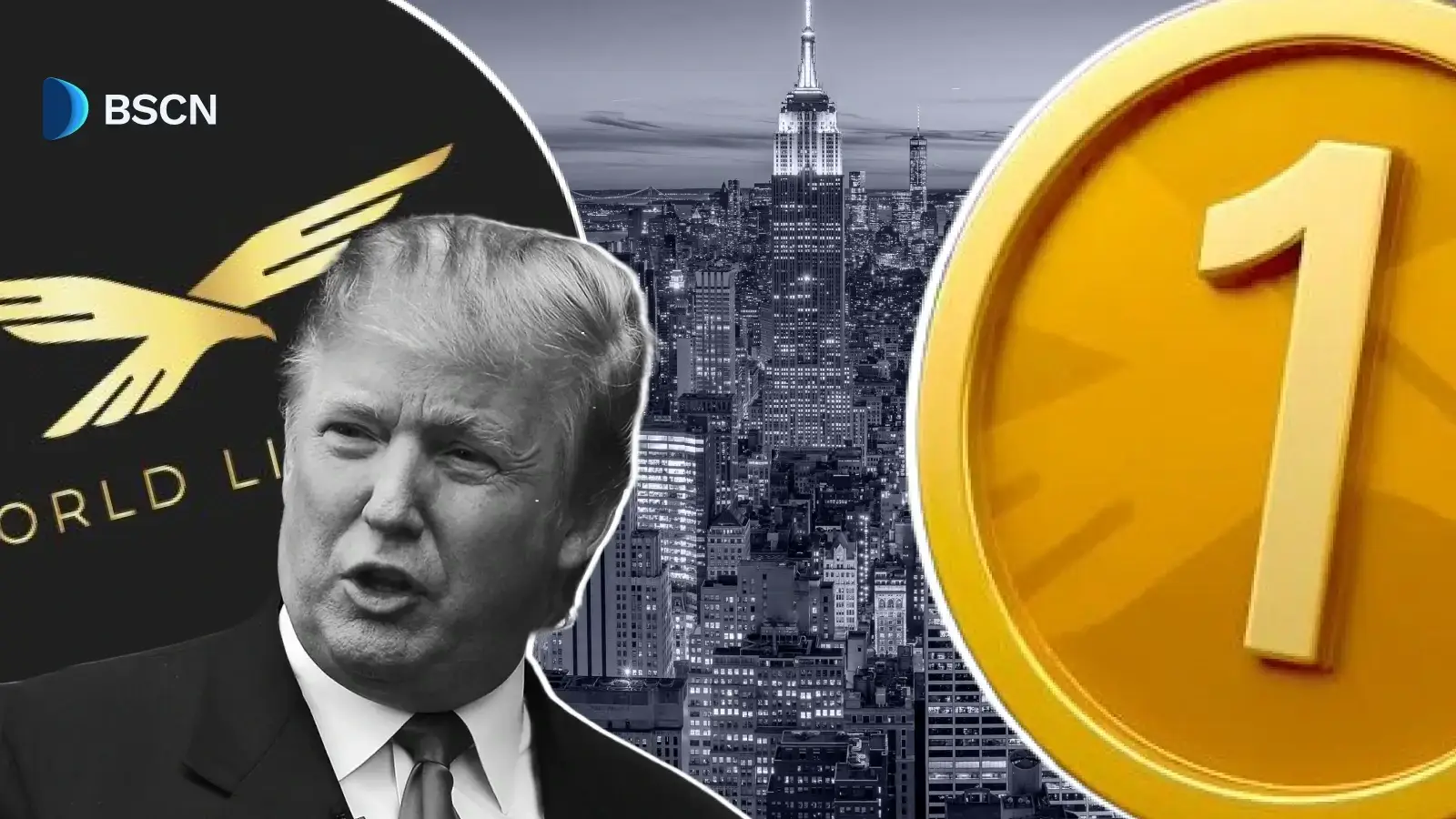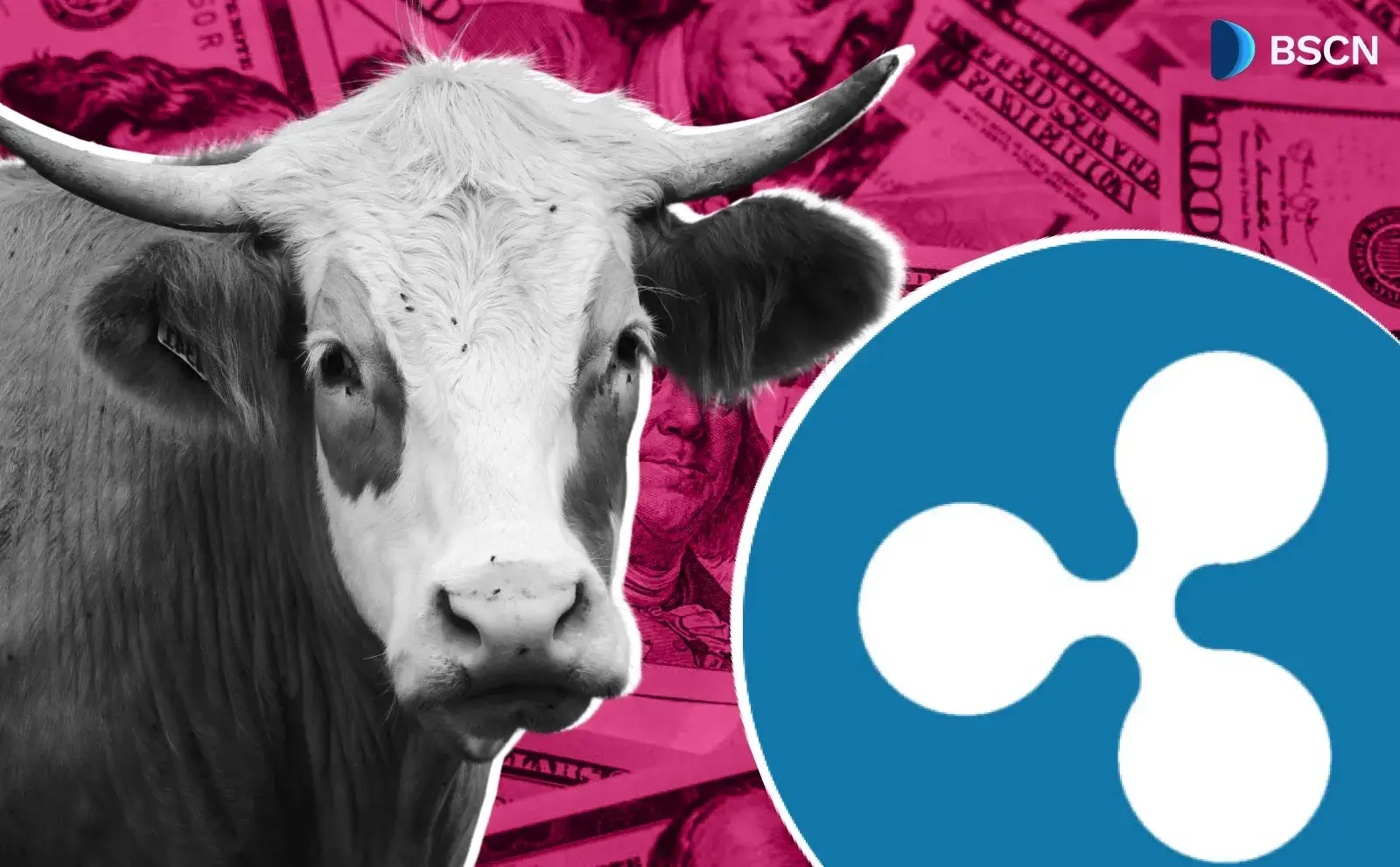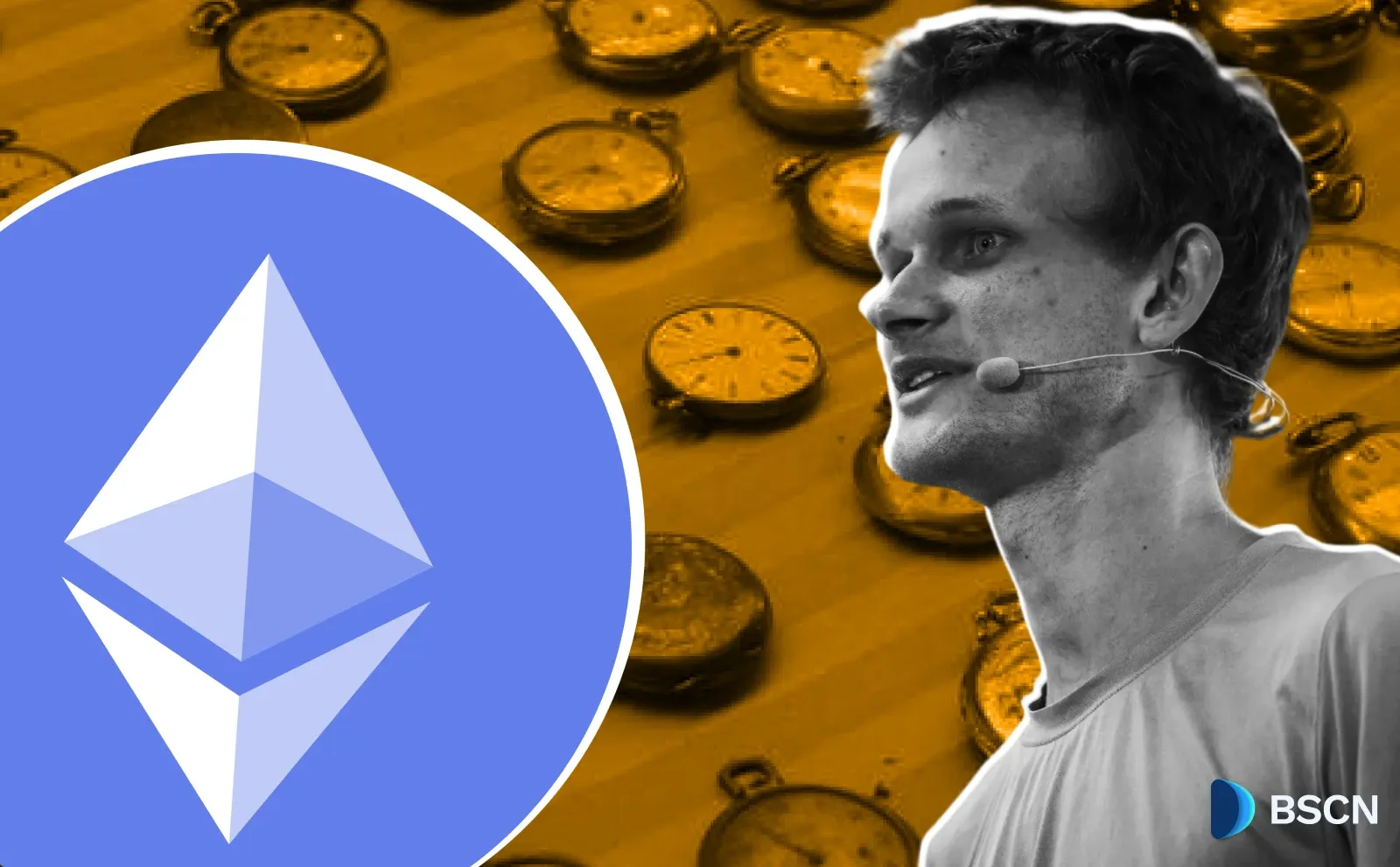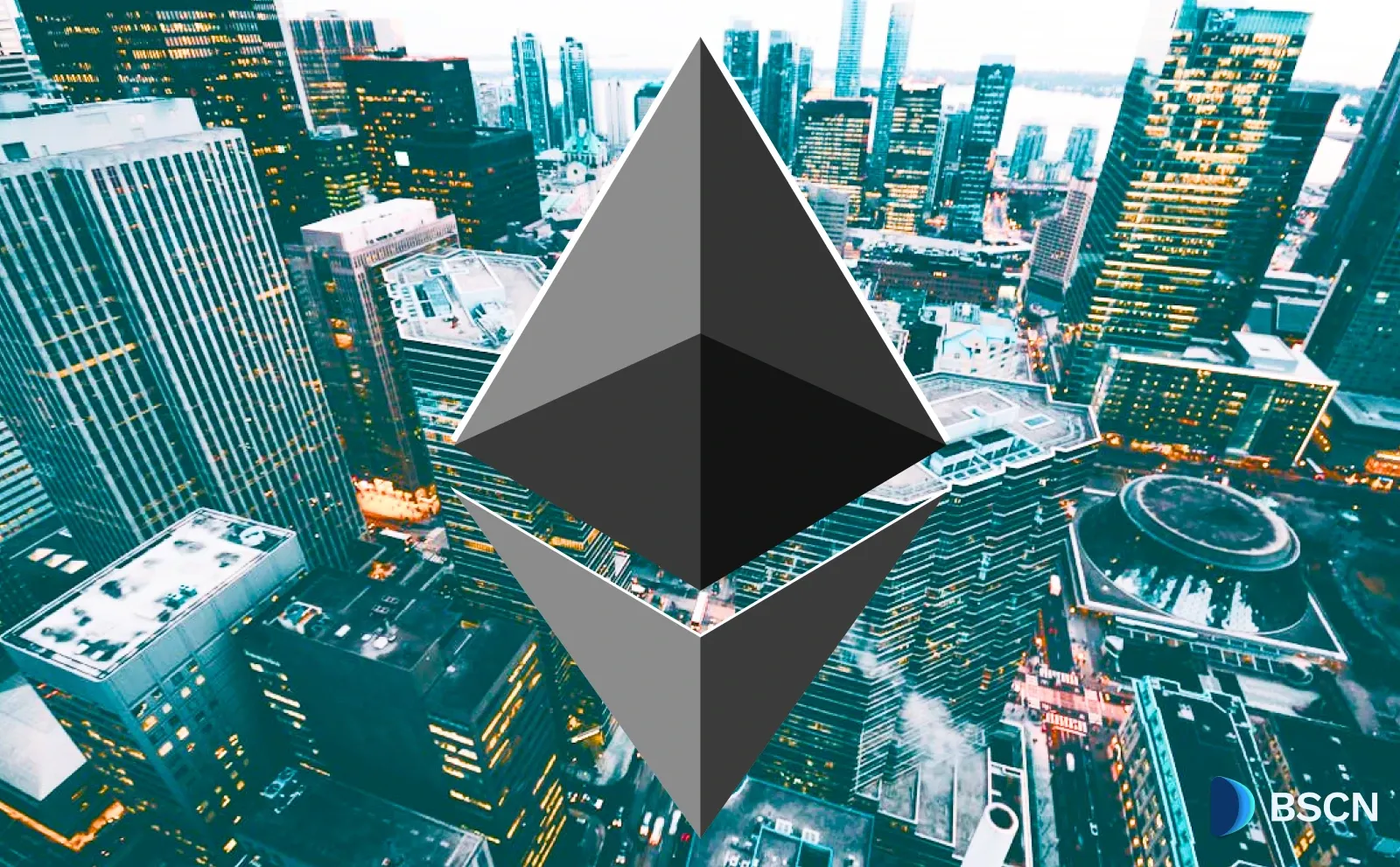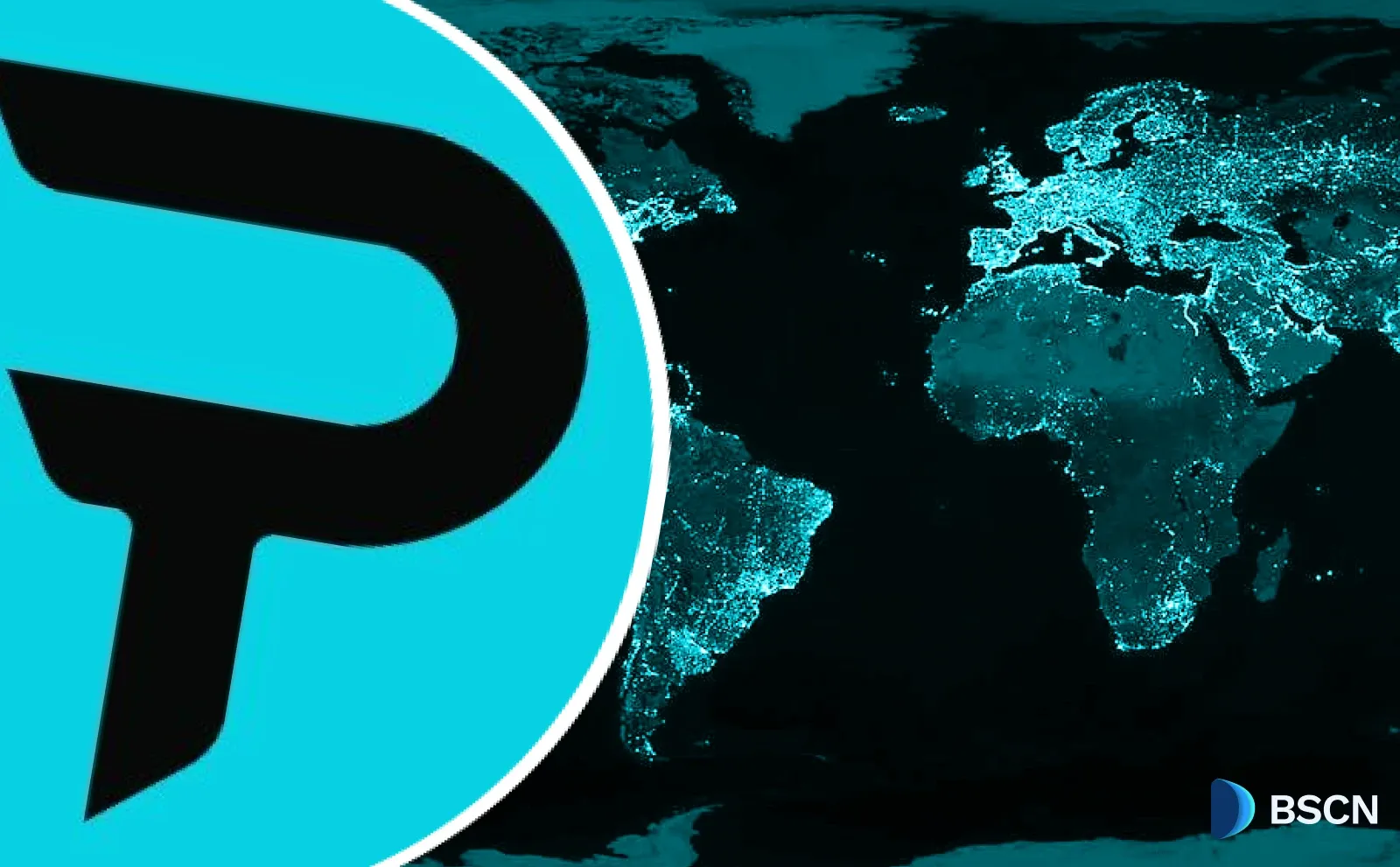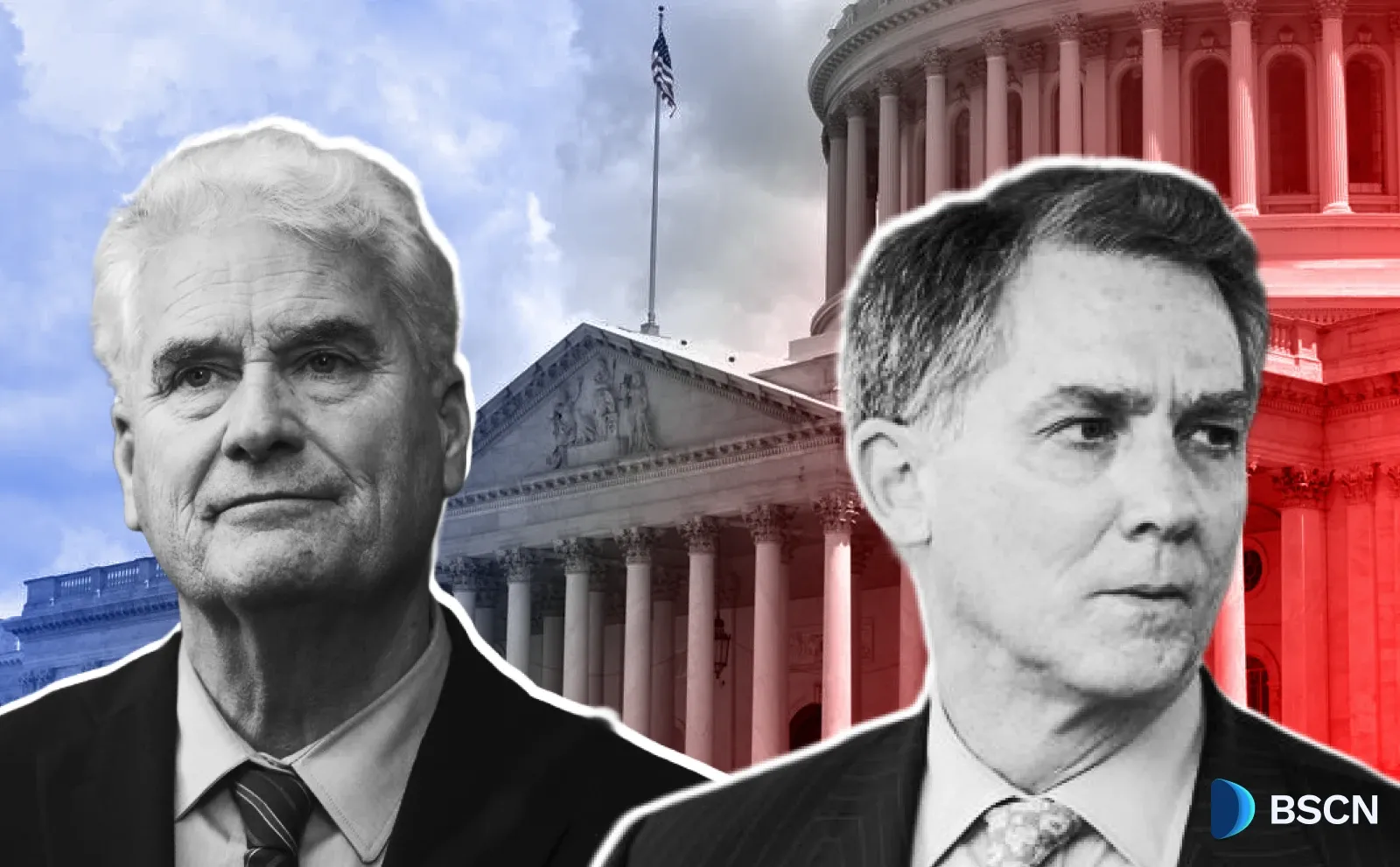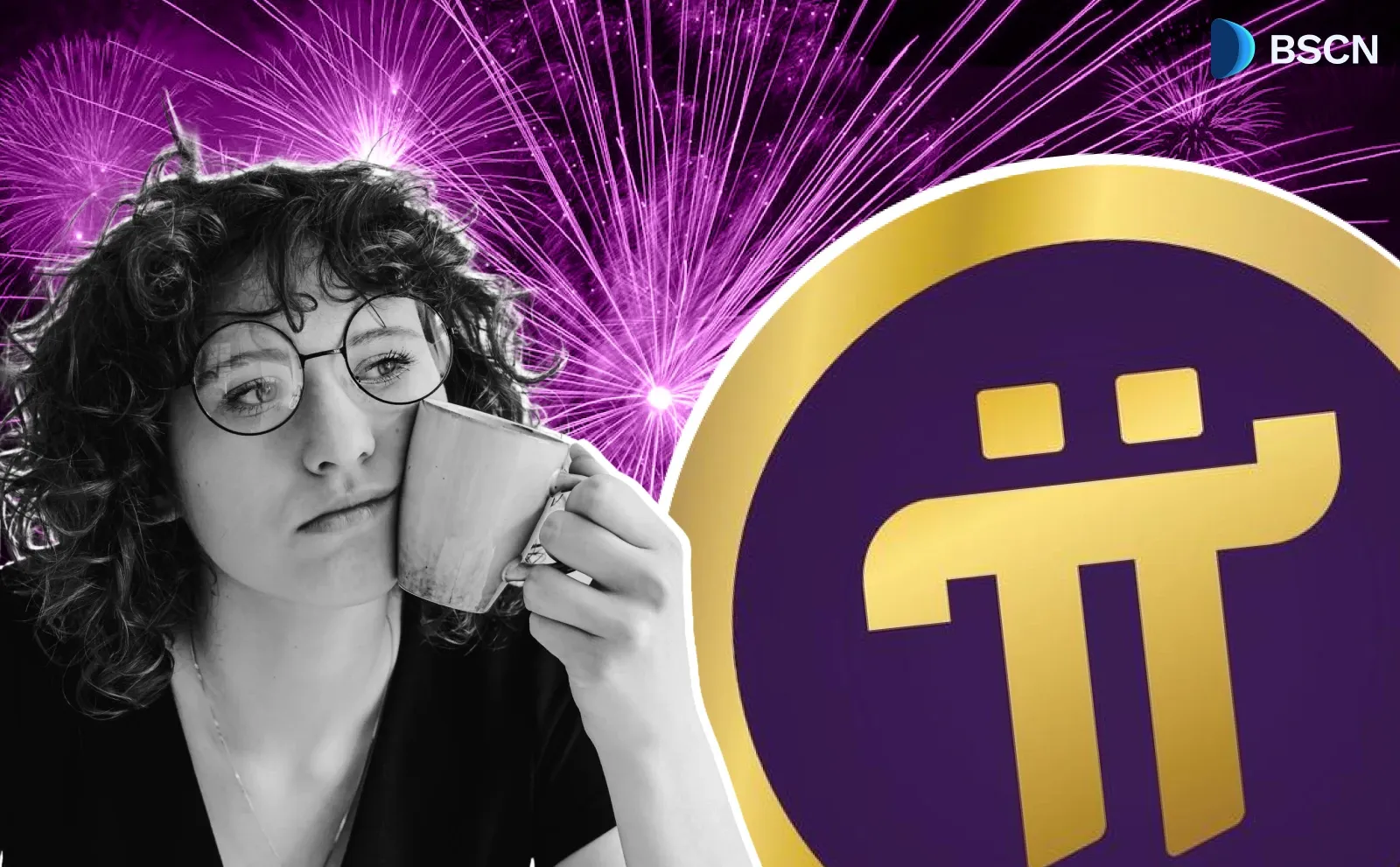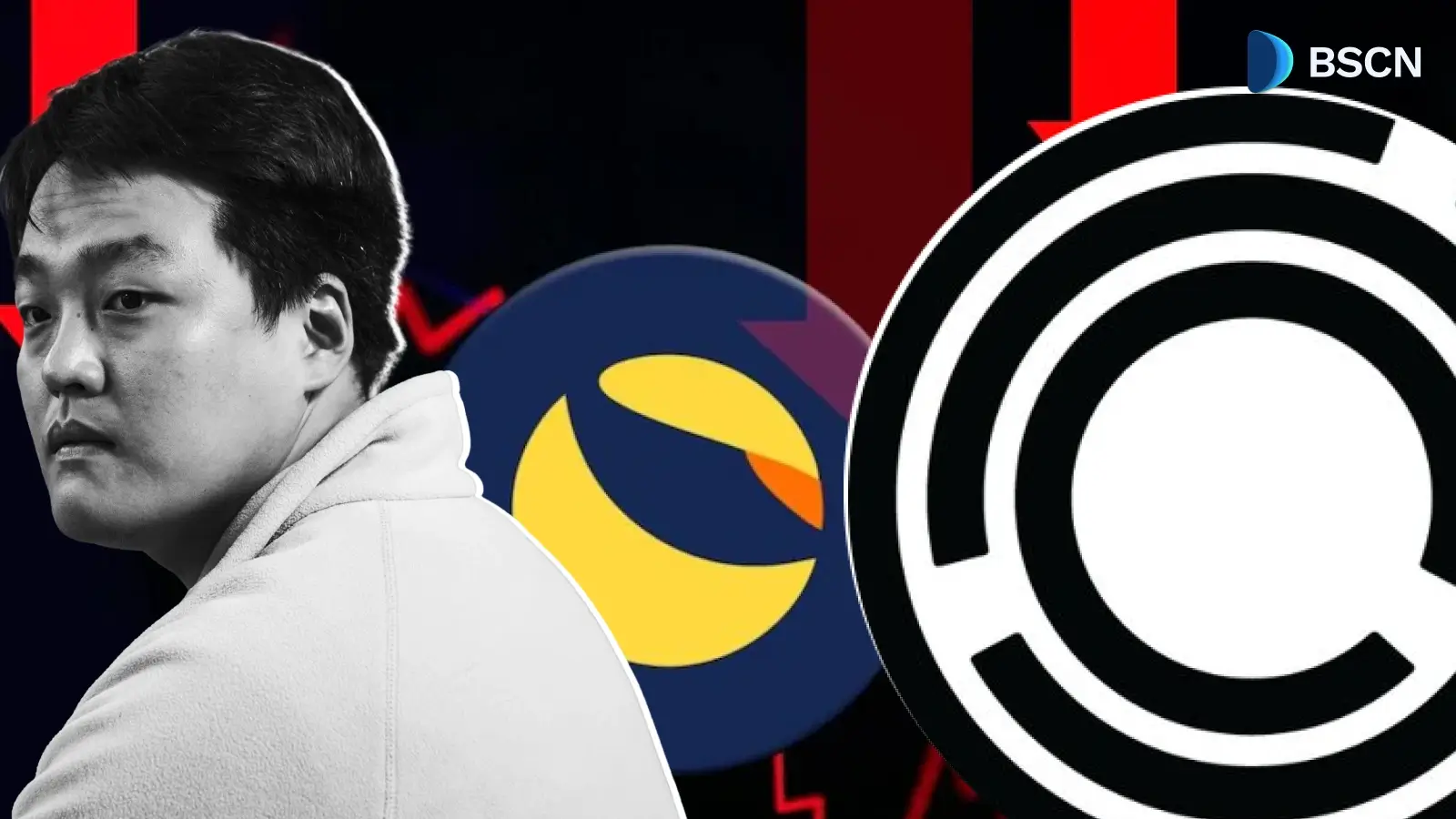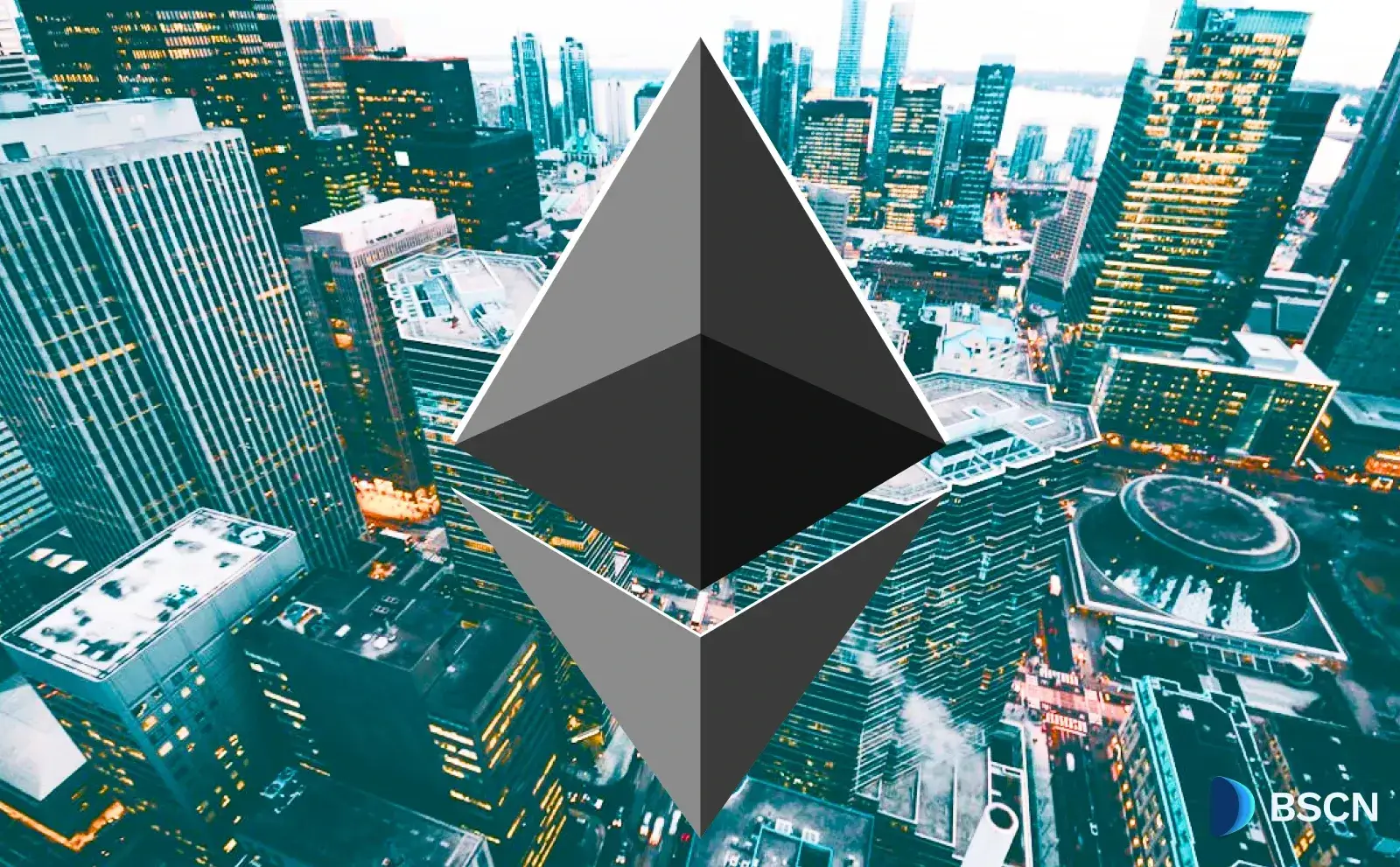Could TON’s UAE Golden Visa Proposal Hint at a New Era of Residency Staking?

Can crypto staking offer a real path to residency? TON's UAE Golden Visa proposal sparked debate, but lacked official backing from authorities.
Miracle Nwokwu
July 8, 2025
Table of Contents
On July 6, 2025, the TON Blockchain made headlines with a bold proposal. The organization claimed it had devised a pathway to a 10-year UAE Golden Visa, requiring individuals to stake $100,000 in TON tokens for three years, alongside a one-time $35,000 processing fee. This alternative to the usual residency programs offered a much lower entry cost than the UAE’s standard route, which requires an investment of at least AED 2 million (about $540,000) in real estate or other ventures. The crypto community took notice, as the news briefly lifted TON’s price above $3.
The excitement, however, didn’t last long. UAE regulators, including the Federal Authority for Identity, Citizenship, Customs and Port Security (ICP), the Securities and Commodities Authority (SCA), and the Virtual Assets Regulatory Authority (VARA), swiftly denied any official link to the program. As a result, TON’s value retraced to approximately $2.76, leaving many puzzled about the credibility of the announcement and what it might mean for the future of residency through crypto staking.
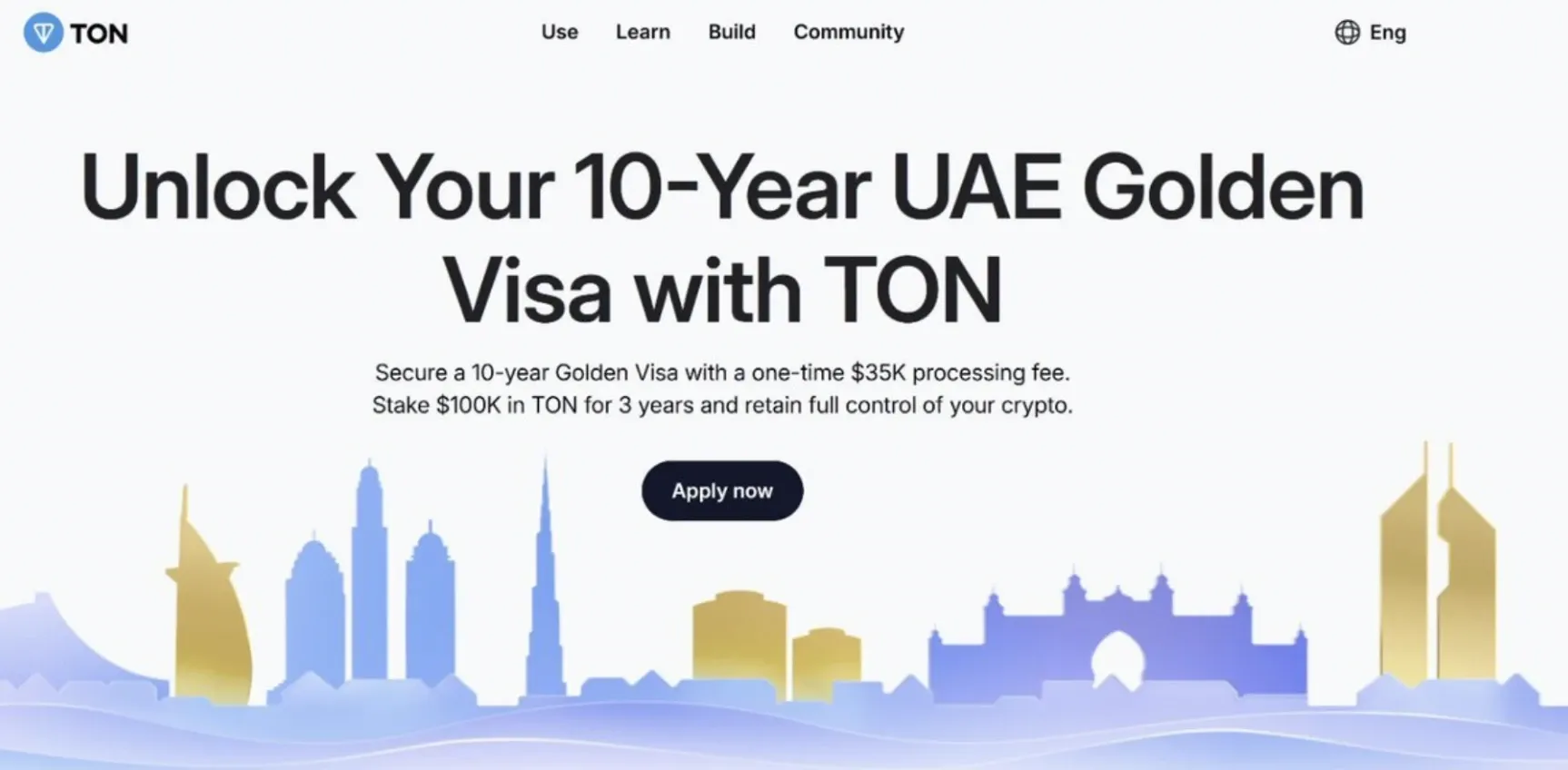
Inside TON’s Announcement
The TON initiative promised an innovative twist on residency acquisition. Applicants would lock up $100,000 in TON tokens via a decentralized smart contract. While the funds stayed under their control, stakers could earn an annual yield of 3-4%. The whole process, said to take less than seven weeks, would let successful applicants include their immediate family with no extra fee beyond normal government charges. Compared to the standard Golden Visa options; mostly aimed at real estate buyers, business owners, and skilled professionals who can show a major financial contribution, TON’s approach promised a cheaper and more flexible path.
The offer stood out by cutting down the financial barrier by nearly 80% and eliminating the need for illiquid real estate investments. Crypto enthusiasts on X praised the idea as a fresh way to bring real-world value to crypto tokens. At the same time, skepticism emerged.
Changpeng Zhao, former CEO of Binance, voiced concerns, noting the lack of official government confirmation and questioned if the $35,000 fee would mostly go to a third-party agent rather than the government itself. His doubts were validated when UAE authorities issued a joint statement, reported by the Emirates News Agency, rejecting any association with the TON plan.
Is this 👇 real? It would be awesome IF it is true.
— CZ 🔶 BNB (@cz_binance) July 6, 2025
But I got conflicting info so far.
Some say: this is just so that they charge you $35k to pass your application to an agent, who usually only charge $1k fee.
The website seems to give the impression that "$35k + $100k… https://t.co/u3mySnObWu
TON later clarified that the plan was an independent project with a licensed blockchain partner, not an official UAE government initiative. The foundation stressed that any future program would require full regulatory approval, which had not happened yet. This back-and-forth left the program’s future unclear, but it did spark a wider discussion about what residency and citizenship might look like in a world where digital assets matter.
Residency Staking: A Potential New Meta?
The episode has fueled talk about a possible new meta: residency staking. This would use crypto staking to attract investors or future residents, offering a faster and more flexible alternative to traditional investment-based residency or citizenship programs. Countries like Portugal, Malta, and St. Kitts and Nevis already run programs that exchange real estate or business investments for visas or passports, usually at higher costs and with longer waiting times. Even though TON’s plan was not official, it showed how digital assets could make these programs easier and possibly more appealing to a tech-savvy global audience.
The concept has merit. Staking $100,000 in TON for residency is a fraction of the cost of a Dubai apartment or a Maltese business venture. The added incentive of yield earnings could attract high-net-worth individuals hesitant to tie up funds in illiquid assets. Moreover, blockchain’s transparency, via smart contracts, could enhance trust, ensuring funds remain under the investor’s control. For nations, this could mean a steady influx of capital and talent, particularly in blockchain-friendly regions like the UAE, which has already lured over 600 crypto firms to its Dubai Multi Commodities Centre.
Still, there are clear risks. The TON case points to the need for clear regulatory support. Without government backing, such programs lack legal grounding, leaving participants vulnerable. The $35,000 fee, if non-refundable, represents a sunk cost if approval is denied. The value of the tokens could drop over three years, cutting into the investment. KYC (Know Your Customer) requirements and the absence of an early unstake option further complicate the picture. These issues highlight the need for clear frameworks before residency staking could become a real option.
Opportunities and Implications
If governments embrace and regulate residency staking, it could reshape global migration patterns. Countries with progressive digital policies might pilot similar programs, using crypto or stablecoins to attract investors. The UAE’s denial of the TON proposal doesn’t rule out the idea—if anything, it shows how important official partnerships are. Max Crown, TON’s CEO, said the project was about exploring new uses for blockchain, and the foundation echoed that sentiment in its blog post. This early phase could set the stage for future programs, possibly in countries with more flexible rules.
For investors, the smart move is to monitor new announcements. Should TON or another blockchain secure government approval, early participation could offer residency at a lower cost than traditional routes. Still, it’s important to check any offers against official government sources and not just social media or crypto forums. Diversifying investments and consulting legal experts familiar with international residency laws can help avoid costly mistakes.
A Cautious Path Forward
The excitement around TON’s Golden Visa idea, although debunked, opened up a conversation about how far blockchain can go in real-world applications. For now, the concept of residency staking remains speculative. Nations considering it must establish robust legal structures to protect investors and ensure compliance. TON’s approach offers a possible roadmap—developing independently with hopes of later approval—but only real government support will make it possible.
Readers interested in these programs should stick to official channels and updates, whether from TON or UAE authorities. The future of residency staking depends on regulatory approval. Until then, the notion serves as a thought-provoking experiment, one that could redefine how the world views citizenship and investment in the digital age.
Read Next...
Disclaimer
Disclaimer: The views expressed in this article do not necessarily represent the views of BSCN. The information provided in this article is for educational and entertainment purposes only and should not be construed as investment advice, or advice of any kind. BSCN assumes no responsibility for any investment decisions made based on the information provided in this article. If you believe that the article should be amended, please reach out to the BSCN team by emailing [email protected].
Author
 Miracle Nwokwu
Miracle NwokwuMiracle holds undergraduate degrees in French and Marketing Analytics and has been researching cryptocurrency and blockchain technology since 2016. He specializes in technical analysis and on-chain analytics, and has taught formal technical analysis courses. His written work has been featured across multiple crypto publications including The Capital, CryptoTVPlus, and Bitville, in addition to BSCN.
Crypto Project & Token Reviews
Project & Token Reviews
Comprehensive reviews of crypto's most interesting projects and assets
Learn about the hottest projects & tokens





